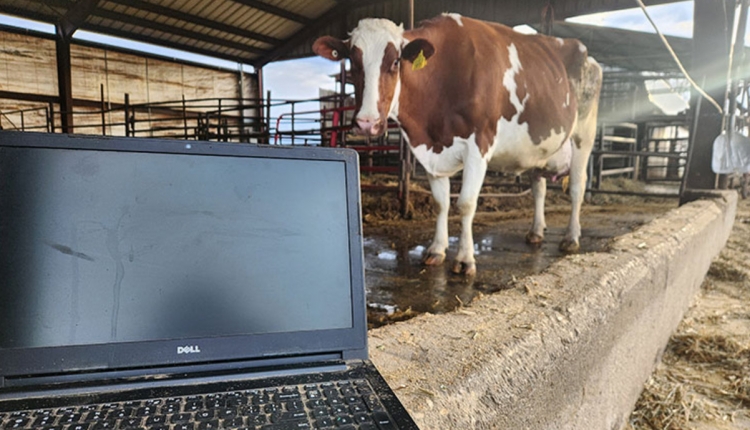Much of the U.S. dairy industry wanted it, but milk quality officials didn't have the guts to do it earlier this year. Now here it comes anyway: a stricter but entirely doable 400,000 SCC limit on at least some U.S. milk production starts January 1, 2012.
Washington gets no credit for this. Neither do any dairy cooperatives. Bah humbug to both of them. Instead, it's an order from the 27-member European Union. Its short, sweet and blunt message is, anyone who wants to export dairy products into the E.U. must prove that the milk used to make them meets E.U. standards for raw milk quality – most notably an SCC count of 400,000 or less.
The U.S. limit remains frozen at 750,000, a standard that is so far past antiquated (it was adopted in 1993) it makes the U.S. look foolish. The E.U. limit of 400,000 has been in effect since 1998. For some U.S. dairy producers it is now theirs, too.
A transition period for the rule begins New Year's Day; full compliance starts March 1. At that time, all dairy products shipped anywhere in the E.U. must have an updated "Certificate of Conformance" that shows the milk used to make them meets all quality standards required of European dairy farmers.
USDA surveys the last few years have found that average SCC for all milk in the U.S. is less than 300,000. That's good. The challenge will be doing it for each individual load of milk, as the E.U. certificate requires. Being forced to meet an international entity's standard is also embarrassing because it highlights the dysfunctionality that not only grips the U.S. Congress, but our milk quality standards, as well.









